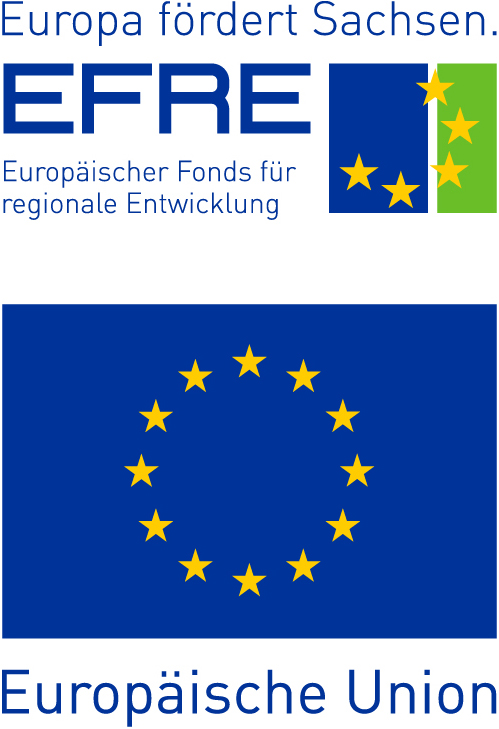Newsletter 03/2017
For mid-sized providers of electronic solutions, the “Internet of Things” is associated with nearly insurmountable hurdles. These companies often lack the access to advanced microelectronics technologies essential to the competitive products of the future. A group of four Fraunhofer institutes in Saxony, together with colleagues from Berlin and Erlangen, are looking to fundamentally change this situation over the next two years. In collaboration with the semiconductor manufacturer GLOBALFOUNDRIES Dresden, they are working on a “modular technology” that should offer mid-sized companies a simple way to make use of advanced system architectures and manufacturing methods for the first time. In the interests of carefully taking demand into account, companies can contribute their ideas to the implementation and test the eventual solution.

The pace of technological development in the area of microelectronics is constantly accelerating, which poses considerable challenges to mid-sized enterprises as drivers of innovation. Especially high-performance products that are perfectly adapted to the specific applications are becoming the standard requirements of many customers. However, such “smart” and networked systems are often required only in small volumes and require highly integrated technical solutions. Because standard semiconductors cannot be used for this, mid-sized companies will also need to have specialized technologies in their portfolios in the future. However, the development costs of such technologies are frequently too high for many companies, and the development times are too long. Advances in this area also require employees with detailed expertise in specialized fields of electronics as well as expensive design software that smaller companies often have insufficient access to.
For these reasons, the Free State of Saxony and the European Union are supporting the research project USeP (Universal Sensor Platform) as part of the European Regional Development Fund (ERDF). The participating partners have established the goal of developing a technology platform by 2019 with which even smaller providers can meet the growing development and manufacturing requirements of next generation electronics. After the conclusion of the project, a company should be established from which customers can obtain the desired modules at reasonable costs within a few months. Alongside GLOBALFOUNDRIES Dresden, a number of institutes of the Fraunhofer-Gesellschaft are working on this goal. These include the Fraunhofer Institute for Photonic Microsystems IPMS and Electronic Nano Systems ENAS as well as the divisions All Silicon System Integration ASSID of Fraunhofer IZM and Engineering of Adaptive Systems EAS of Fraunhofer IIS. Their competence is being supplemented by colleagues in Erlangen and Berlin. Interested mid-sized companies can also share their requirements with the research network, help shape the content of demonstrators and be the first to test them. Fraunhofer IIS/EAS is responsible for the overall project management.
Against this background, the project partners are developing a new type of sensor platform that will employ a modular approach to enable automated generation of a broad range of innovative components and their integration into a complete system. The project partners are relying here on a central control and processing unit with numerous interfaces as well as a wide selection of current and future sensors and actuators. Alongside the system architecture with flexible building blocks, the platform also offers innovative solutions for hardware and IT security. Eventually, the sensor module should be available in a diverse range of design variants to cover hundreds of different use cases.
This new platform under development will be based on the 22FDX technology (Fully Depleted SOI) of Globalfoundries, which was developed in Dresden and enables highly integrated chips with especially low-power and inexpensive properties. The Fraunhofer institutes are contributing in particular their competence in innovative packaging and their know-how in the development of system concepts, system design, sensor systems and data transmission as well as in simulation and testing. In order that companies can make use of the new platform for as long as possible, USeP is ensuring that the results will also be transferable to the next generation of technology.
 Fraunhofer Institute for Integrated Circuits IIS, Division Engineering of Adaptive Systems
Fraunhofer Institute for Integrated Circuits IIS, Division Engineering of Adaptive Systems